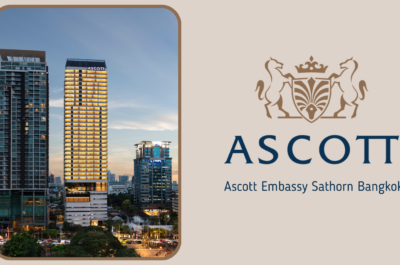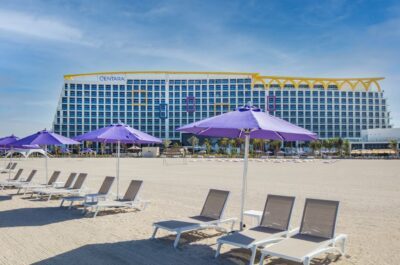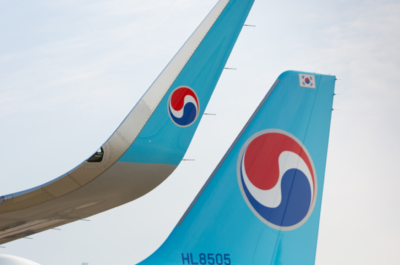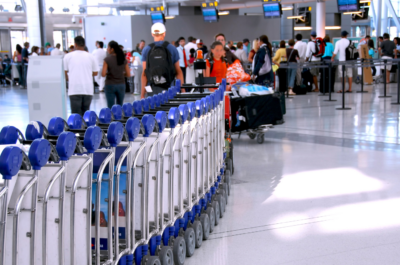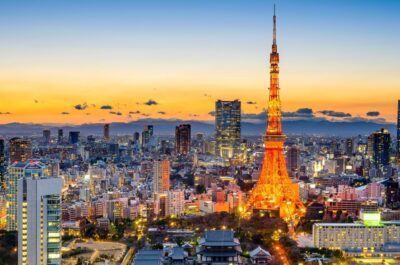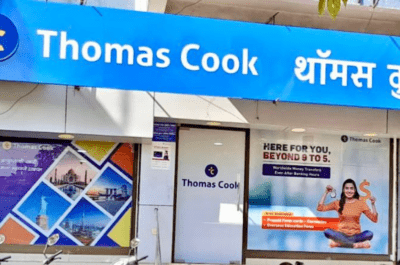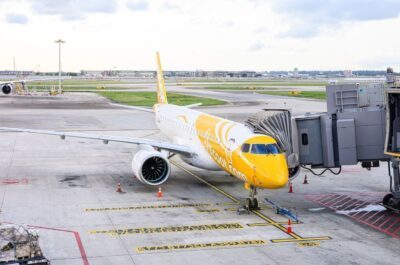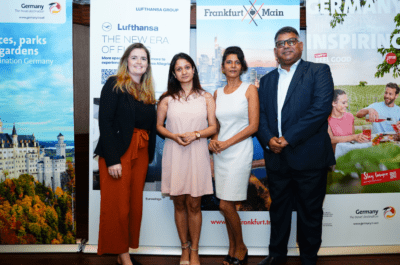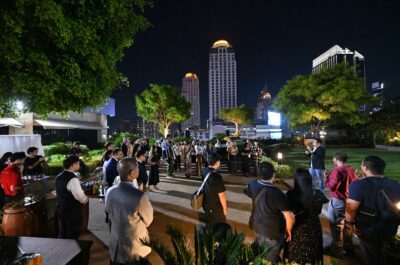…
Although nobody seems to agree on just how bad the economic crisis will get in the months and years ahead or what the implications for Turkey will be, the organizers of the 13th annual International Eastern Mediterranean Tourism Fair (EMITT) are optimistic that the Turkish tourism sector will, at least in the long run, benefit from the economic turmoil. And, despite the inevitable bankruptcies, organizers expect a dramatic increase in Turkey’s market share over its regional competitors in the short term. The event, one of the most important in the sector, will feature exhibitors representing more than 55 countries with a total exhibition area of about 65,000 square meters.
“The Turkish tourism sector will ultimately be positively affected by the crisis,” said EMITT Director Hacer Aydin, noting that Turkey is in the same region as Greece, Spain and Egypt and has a very strong position in terms of price and service. “People will continue going on holiday, but now, instead of going to Italy or Spain and paying a lot more for worse service, people will choose to come to Turkey.”
Although the fair organizers noted that the crisis had affected the timeliness of exhibitors’ payments, its impact on the actual business of the fair has been negligible, Ayd?n reported. Stand rental prices range from 110 euros per square meter for a basic stand to 200 euros for more elaborate stands designed by EMITT, and with average stand spaces running between 50-100 square meters, this amount of money is not peanuts.
“Some exhibitors are using the crisis as an excuse to pay their bills late,” she said. “But they still come. This is the most important event and they don’t cancel. EMITT becomes a must for the sector.”
In fact, she reported that interest in the fair was growing. “What we see is that during the crisis people realize the crisis is a good reason to do more promotion.” Pointing to a floor plan of the event, she noted that 90 percent of the previous year’s visitors had held on to their locations or even expanded, creating problems for new members hoping to attend. Apparently looking to appeal to Turkish holiday goers, Syria has even sponsored the event and has become the featured country.
Aydin noted that although “sea, sun and fun” holidays were still the most popular, she said cultural tourism was increasing its market share rapidly. So, too is medical tourism, which has been allotted a special exhibition hall.
Countries around the world are increasingly competing to capture larger shares of the growing medical tourism sector, which some estimate will grow by more than 150 percent this year from the present estimated global figure of $50 billion to $120 billion. In Turkey, many experts think that this sector will grow significantly given it’s proximity to the EU and the comparatively inexpensive prices that it is able to offer to aging baby boomers who are increasingly placing their health care systems under strain.
For Aydin, the greatest threat to the Turkish tourist sector stems from the price slashing measures implemented over the past few years to lure more customers.
It was reported that Germans and Russians, for example, were able to book a trip to Turkey from abroad and stay in a five-star, all-inclusive hotel for 200 euros. No one gains from this, she said. “The number of tourists coming from abroad is growing, but the profits are not.”
One effect of the crisis has been on plans to correct this through gradual price increases. “Now they are just hoping to keep profits at the same level,” Aydin reported. However, it does remain to be seen if, in fact, they will be able to increase these levels. According to one industry expert, the general manager of one of the larger hotels in Antalya, who asked not to be named, “The Russian tourism market is much bigger than the European market and if there is no Russian market in Antalya, the market will collapse.”
It remains to be seen how the Russian market will do in the coming months before the busy tourist season. So far, however, Russia has not been doing well. Nonetheless, Aydin was confident that Turkey would weather the crisis better than other countries: “Everyone was expecting a crisis. This is going to be a kind of natural selection. We are used to this. We are not the US or the UK. We have crisis-handling abilities in our blood. We are in many ways like water: If you put it into a cup it takes the cup’s shape immediately.”
Vicky is the co-founder of TravelDailyNews Media Network where she is the Editor-in Chief. She is also responsible for the daily operation and the financial policy. She holds a Bachelor's degree in Tourism Business Administration from the Technical University of Athens and a Master in Business Administration (MBA) from the University of Wales. She has many years of both academic and industrial experience within the travel industry. She has written/edited numerous articles in various tourism magazines.






